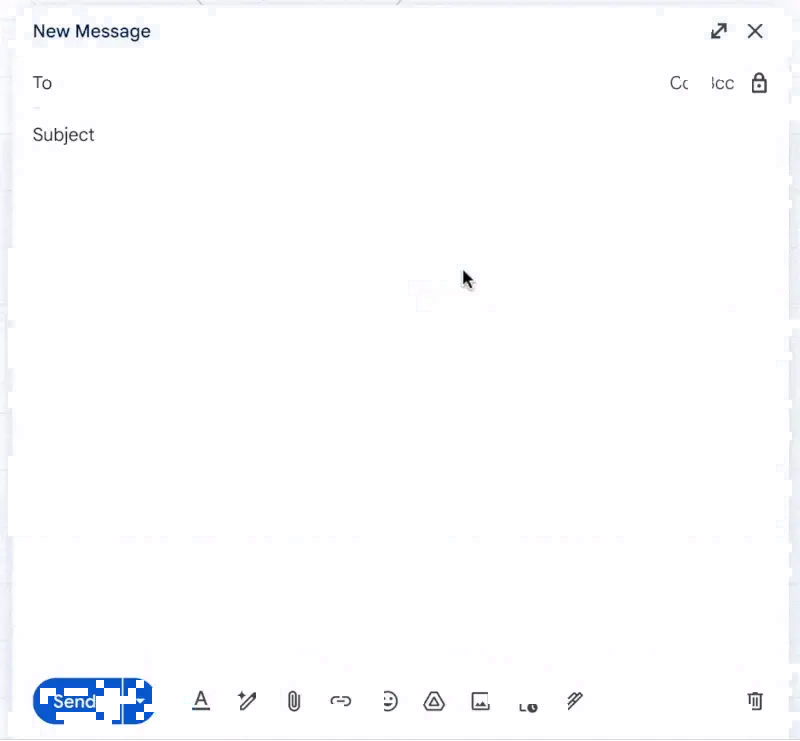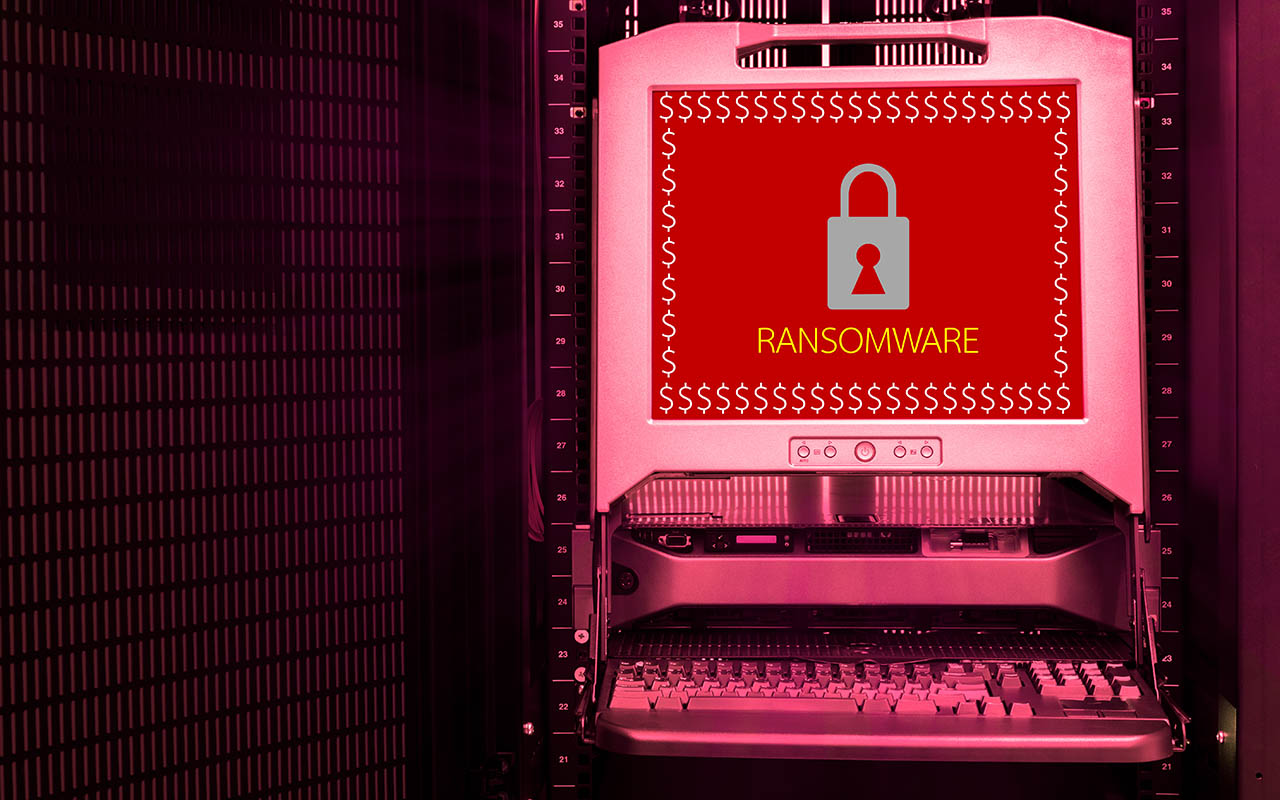

Overview
Google has recently initiated the deployment of an innovative end-to-end encryption (E2EE) system for Gmail business clients, aiming to simplify the process of sending secured emails across various platforms.
Key Features and Benefits
Traditionally, businesses opting for enhanced email security could use the Secure/Multipurpose Internet Mail Extensions (S/MIME) protocol. However, this method involves complex requirements such as certificate management for each user. Google’s new E2EE framework eliminates these hurdles and allows business users to send encrypted emails to any email service seamlessly.
Phased Rollout Plan
In its first phase, currently in beta, Gmail will enable E2EE emailing within the same organization. Gradually extending this feature, Gmail users will soon be able to send encrypted messages to any Gmail and eventually, any external email address.
Easy Activation
To utilize the new encryption feature, Gmail users simply need to enable the “Additional encryption” option while composing their emails. The encryption and decryption processes are automatically managed, promising a smooth user experience.
Access for Non-Gmail Users
Non-Gmail recipients will receive a secure link to view the encrypted message through a restricted Gmail interface or via a temporary Google Workspace account, ensuring secure communication across different email platforms.
Integration with Existing Protocols
For recipients with S/MIME configurations, Gmail will automatically employ E2EE to ensure that privacy standards are consistently upheld.
Advanced Security and Compliance
This E2EE feature is powered by Gmail’s client-side encryption (CSE), which uses encryption keys that are stored externally from Google’s servers. This not only enhances security but also helps organizations comply with regulations like data sovereignty, HIPAA, and export controls.
Introduced in 2022 and available to specific Google Workspace customers, this encryption technology has since expanded its reach, evidencing Google’s commitment to robust, user-friendly security solutions.
Visual Guide and Additional Resources

Related: 24,000 IPs Linked to a Surge in Palo Alto Network Portal Scans: What You Need to Know
Last Updated: April 1, 2025




